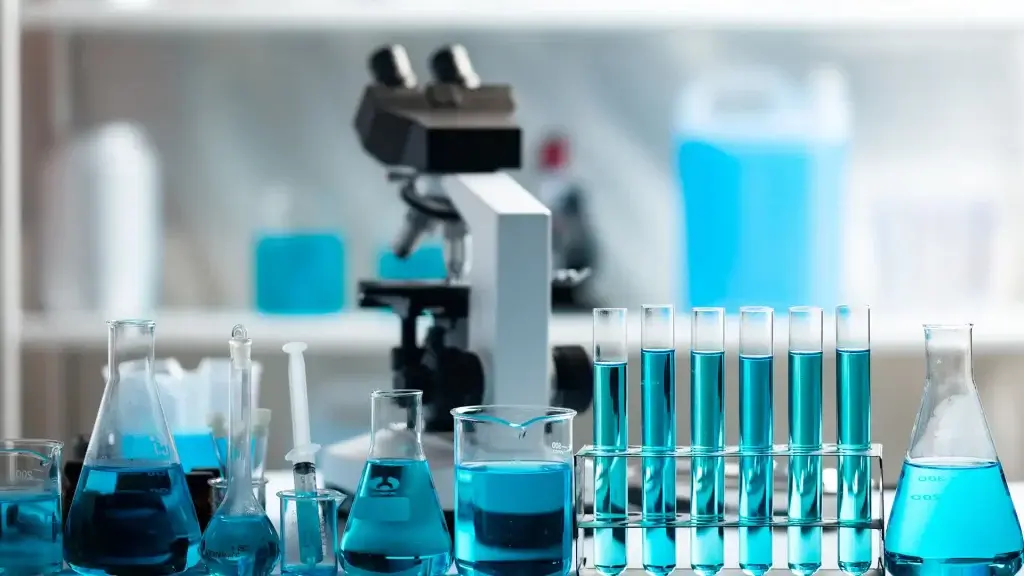Educational Program

ISO/IEC 17025:2017 – General Requirements for the Accreditation of Testing and Calibration Laboratories – Standard Requirements – Internal Auditors – Auditors/Lead Auditors – Course Duration: 2 Ημέρες
ISO/IEC 17025:2017 – Advanced Training Course for Testing and Calibration Laboratories – Course Duration: 6 Ημέρες
Many countries worldwide rely on a process called Laboratory Accreditation as a means of determining their technical competence that uses criteria and procedures specifically designed to determine technical competence.
Specialized assessors conduct a meticulous assessment of all factors that may affect test or calibration results.
The requirements are based on the internationally recognized ISO/IEC 17025:2017 standard for testing or calibration laboratories, which is used to assess laboratories worldwide.
Laboratory Accreditation Bodies use this standard to assess factors related to a laboratory’s ability to produce accurate test and calibration results, including the following:
Laboratory Accreditation to ISO/IEC 17025:2017 also covers the quality system elements related to the corresponding ISO 9001:2015 certification, where to confirm continued compliance, laboratories are regularly reassessed to verify that they maintain the required competence while participating in regular proficiency testing programs (interlaboratory programs), as part of the ongoing demonstration of their capabilities
Laboratory Accreditation, therefore, provides a means of assessing the ability of laboratories to perform specific types of tests, measurements and calibrations by allowing them to determine whether they are performing their work correctly and to the appropriate standards. Manufacturing companies may also use laboratory accreditation to confirm the product controls carried out in laboratories within their facilities.
Notably, laboratory accreditation provides official and global recognition of laboratory results, thus providing an easy way for customers to find reliable testing and calibration services capable of meeting their needs.
ISO/IEC 17025:2017 is a standard exclusively for the management and improvement of the quality of laboratories of all kinds, with the application of which laboratory competence is developed with respect for the human resources of each laboratory in terms of equipment, methods and testing environment.
The training program is aimed at the management and staff of accredited and non-accredited laboratories and laboratories certified according to ISO 9001:2015 who would like to learn more about the requirements of the ISO/IEC 17025:2017 standard.
To inquire about the cost of the courses contact us. BQC adjusts its pricing policy for the unemployed and for students. Every second participation from the same company will have a 10% discount.
The training methodology includes lectures, practice and teamwork.
In this context, the participants are asked to carry out group and individual exercises, role playing exercises, and evaluation tests that aim to develop their skills (time management, teamwork, cooperation).
In the end, a satisfaction questionnaire is distributed to the participants in order to evaluate the results of their training and the achievement of its objectives.
For the implementation of the training courses, renowned lecturers are selected, with extensive knowledge and experience in the field of Management Systems and, by extension, on the standards.
BQC, by recognizing modern trends in the field of Training, has created a wide network of experts and trainers around the world, which it uses to offer high-level knowledge and experience in the field of Education.
The training courses offered by BQC are certified by the Accredited Personnel Certification Body STAREGISTER, a member of the IPC, thus providing the possibility of issuing accredited certificates of international recognition according to the ISO/IEC 17024:2012 standard to those successfully participating in them.